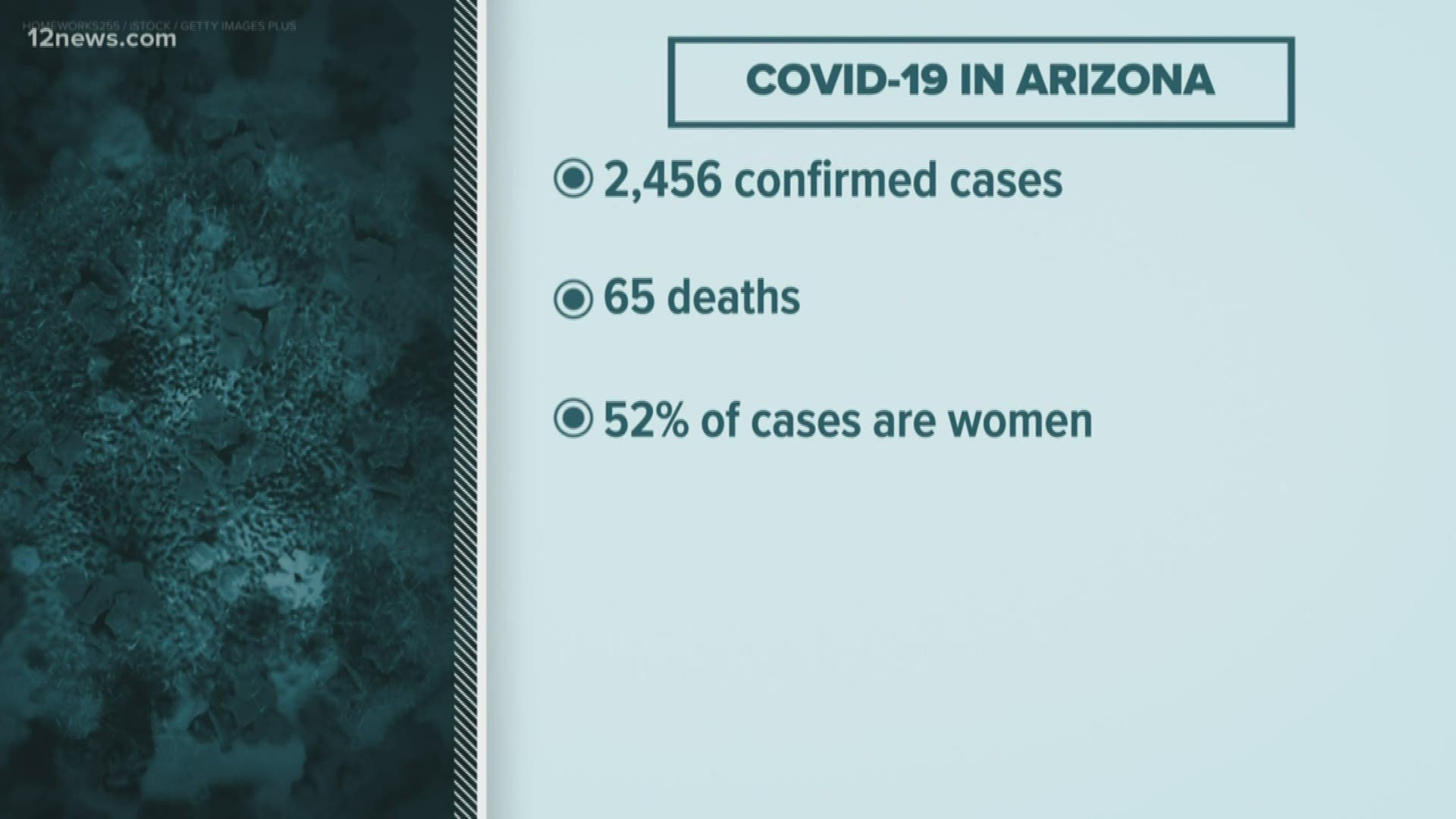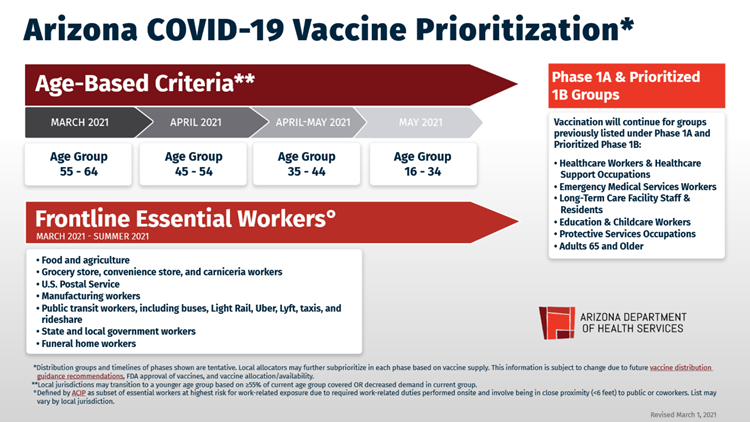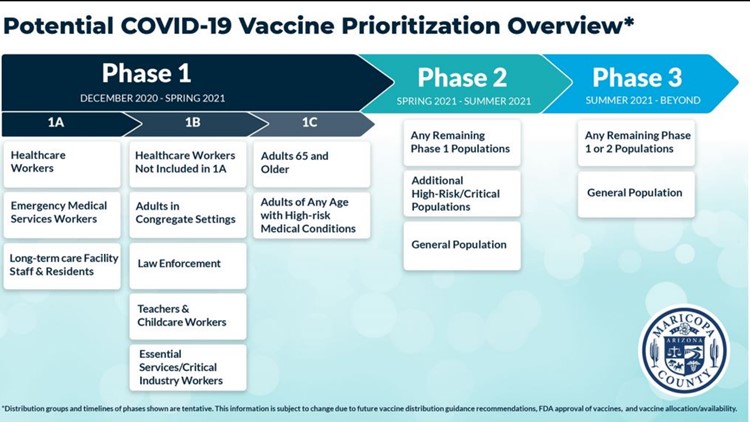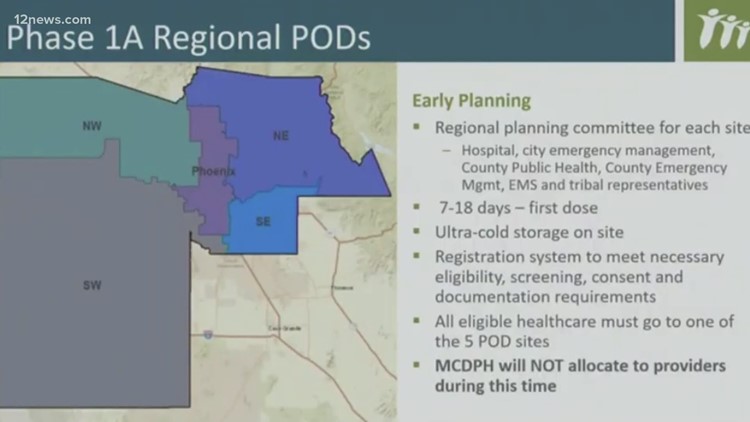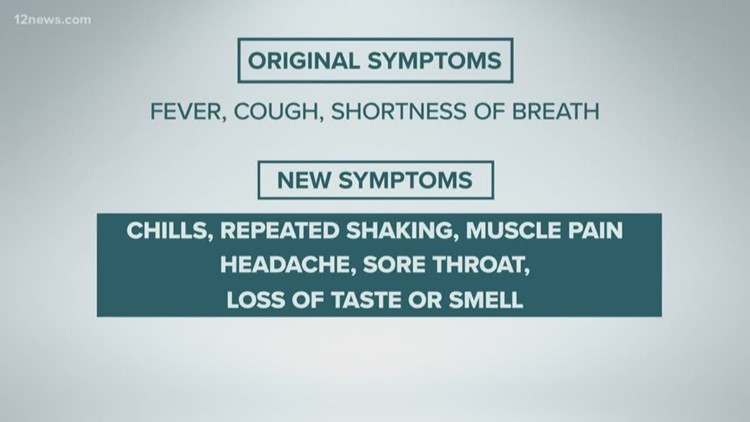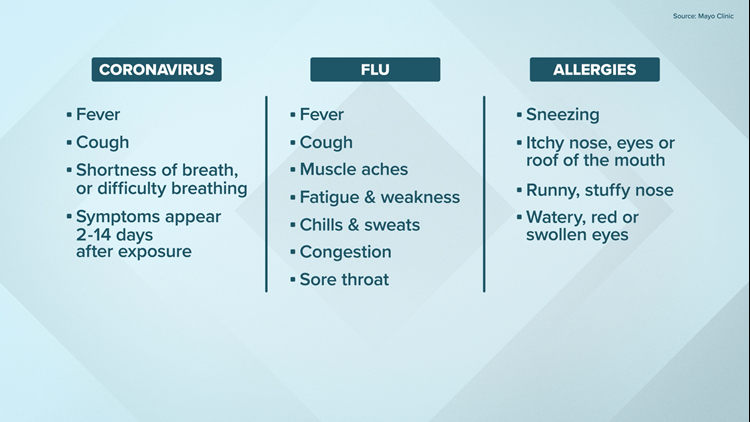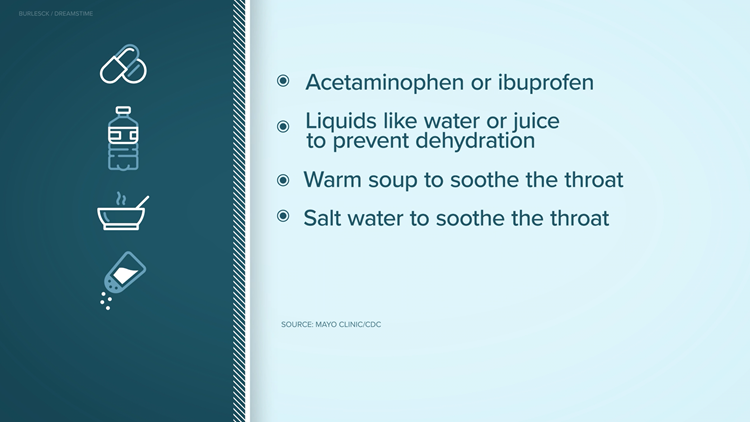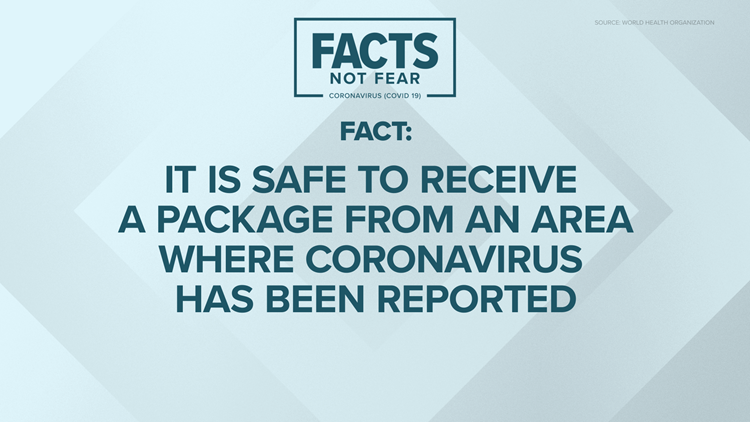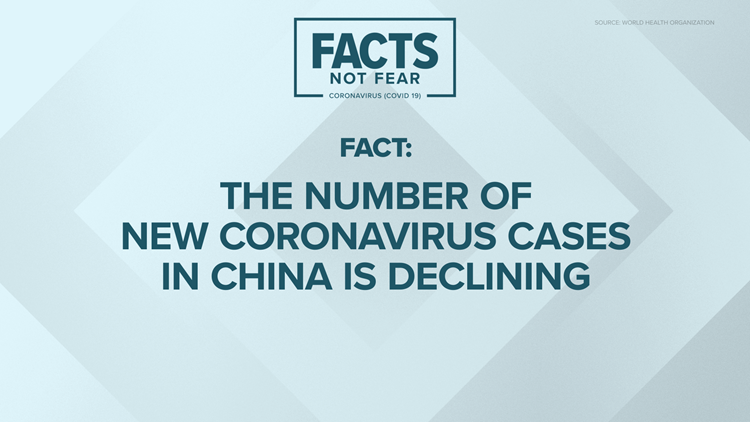PHOENIX — Gov. Doug Ducey issued four new executive orders on Tuesday focused on preventing community spread, adding more reporting requirements for medical providers, a lean on packaging and labeling rules for restaurants and further protection for the elderly and vulnerable.
Ducey has now implemented 19 executive orders since the public health emergency began.
Required self-quarantine for travelers from New York, Connecticut, New Jersey
Ducey announced Tuesday that in an effort to prevent community spread, he is requiring all who travel to Arizona from New York, Connecticut and New Jersey to self-quarantine for 14 days.
This order does not apply to: airline employees, military personnel, healthcare workers, human services personnel, workers conducting essential infrastructure operations and workers providing essential governmental functions.
Under the executive order, anyone who travels to Arizona from an area with substantial community spread through any airport in the state must isolate or quarantine themselves upon arrival for 14 days.
This will continue throughout the duration of the public health emergency.
According to the order:
- The Arizona Department of Health Services shall coordinate with each aviation and airport authority in Arizona to effectuate the isolation or self-quarantine;
- Pursuant to A.R.S. § 26-316, all Arizona Peace Officer Standards and Training Board certified law enforcement personnel and all state and local public health personnel shall assist the Arizona Department of Health Services in enforcing the provisions of this order;
- And pursuant to A.R.S. §·26-317, any person who violates the provisions of this order may be charged with a Class 1 misdemeanor and subject to a fine not to exceed $2,500.
On March 28, 2020, the Centers for Disease Control and Prevention issued a travel advisory urging residents of New York, New Jersey, and Connecticut to refrain from non-essential domestic travel for 14 days effective immediately.
Arizona expanding COVID-19 data gathering
The state is also now requiring medical providers report more statistics.
The additional data will include the number of ICU beds and ventilators in use for COVID-19 patients, the number of suspected COVID-19 patients visiting emergency rooms and the estimated amount of PPE used per day.
Under the 60-day order (unless renewed), the Arizona Department of Health Services and local health officials will have increased access to medical records. Hospitals will report the following to AZDHS every day:
- Number of inpatient COVID-19 positive patients or patients with suspected COVID-19;
- Number of ventilators in use by COVID-19 positive patients or patients with suspected COVID-19;
- Number of ICU beds in use by COVID-19 positive patients or patients with suspected COVID-19;
- Number of COVID-19 positive patients or patients with suspected COVID-19 discharged from the facility per day;
- Number of COVID-19 positive patients or patients with suspected COVID-19 seen in the Emergency Department per day;
- Number of intubations performed per day for respiratory distress;
- And the estimated number of N95 masks, surgical masks, face shields and surgical gowns used per day.
Packaging/labeling flexibility for restaurants
Additionally, Ducey added more protection for small businesses and restaurants. In addition to the Arizona Department of Transportation increasing truck weight limits so that supplies can get to those in critical need more efficiently, there will also be flexibility placed on packaging and labeling rules.
According to the order, restaurants that are licensed to serve prepared food are allowed to sell grocery items including paper goods, cleaning supplies, prepared food in bulk, meat and vegetables whether those items are normally packaged for resale or are raw provided certain provisions are followed.
The order does not permit a restaurant that does not hold a current license from the Arizona Department of Liquor Licensing and Control to sell alcoholic beverages.
On Monday, Ducey signed an executive order halting evictions in the state for small businesses and nonprofits that are unable to pay rent due to financial hardship caused by COVID-19.
Protection for elderly/vulnerable in residential and nursing health care facilities
The order requires all staff to use appropriate personal protective equipment (PPE), implementing symptom checks for those entering the facility, offering electronic communication if visitation is restricted and more. The measures outlined in the order align with new recommendations issued by the Centers for Medicare and Medicaid Services (CMS) and the Centers for Disease Control and Prevention (CDC), according to Ducey's office.
Also included in the order:
- Implementing symptom checks for every individual regardless of reason for entering a long-term care facility, including temperature checks. This does not apply to Emergency Medical Service (EMS) workers responding to an urgent or emergent need;
- Ensuring all staff uses appropriate personal protective equipment (PPE) when interacting with residents, to the extent that PPE is available and per CDC guidance on conservation of PPE;
- And ensuring adherence to appropriate hand hygiene protocols as per CDC guidelines.
Additionally, facilities should separate COVID-19 positive residents and COVID-19 unknown residents from COVID-19 negative residents to avoid transmission of the virus. Under this order, the facilities:
- Should ensure that separate, consistent staffing teams are utilized for each of these different cohorts;
- Must be capable of maintaining strict infection control practices and testing protocols for COVID-19 positives units and facilities;
- And must develop policies and procedures to facilitate the admission and readmission of residents who are ready for safe discharge from an acute care hospital without the requirement of a negative COVID-19 test result.
Additionally, these health care institutions must report to the Arizona Department of Health Services every week the number of COVID-19 positive residents, the number of transfers to and from an acute hospital, number and type of PPE, and the estimated use of each type of PPE per week. They must also offer an electronic visual form of communication if visitation is restricted.
COVID-19 is believed to be primarily spread through coughs or sneezes.
It may be possible for the virus to spread by touching a surface or object with the virus and then a person touching their mouth, nose or eyes, but this is not thought to be the main method of spread, the CDC says.
You should consult your doctor if you traveled to an area currently affected by COVID-19 and feel sick with fever, cough or difficulty breathing.
There is no vaccine for the coronavirus, so the best way to prevent COVID-19 and other respiratory diseases is to:
- Avoid close contact with people who are sick.
- Avoid touching your eyes, nose, and mouth.
- Stay home when you are sick.
- Cover your cough or sneeze with a tissue, then throw the tissue in the trash.
- Clean and disinfect frequently-touched objects and surfaces using a regular household cleaning spray or wipe.
- Wash your hands often with soap and water for at least 20 seconds. If soap and water are not readily available, use an alcohol-based hand sanitizer.
You can text FACTS to 602-444-1212 to receive more information on the coronavirus and to ask questions.

